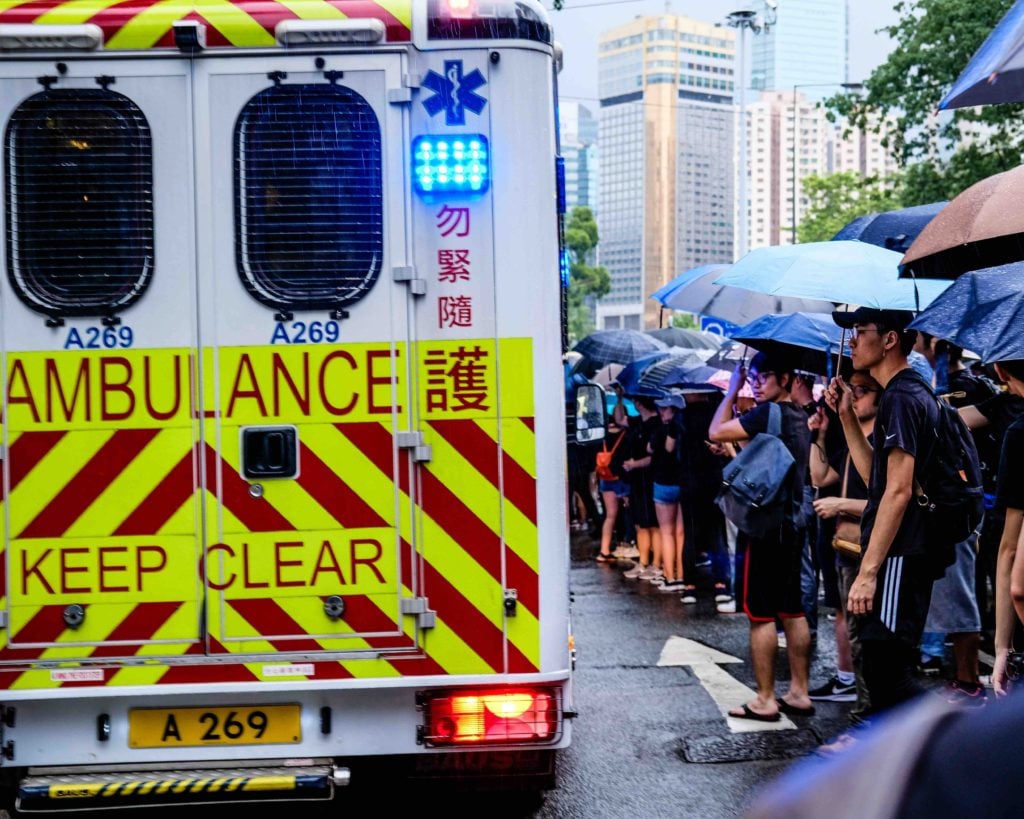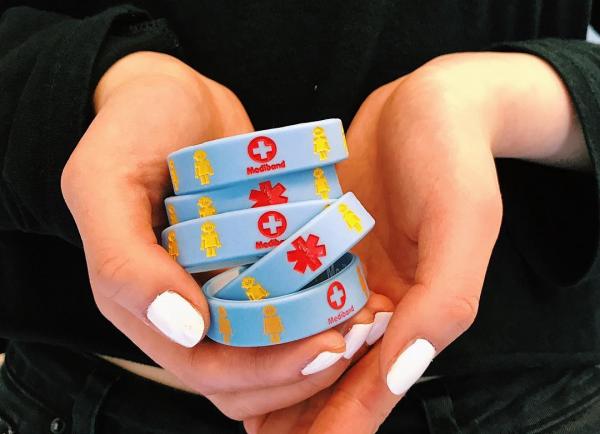Case Studies
Mediband brings you the latest case studies and news so that you can stay up-to-date with what might affect you, your family and loved ones. We help you to make better informed decisions to stay safe and healthy, and provide insight into how others in your circumstances have benefitted from wearing medibands. Mediband delivers relevant information and case studies in clear, easy to understand language that puts your health into context. Through medical content, insights from experts and real people, and up-to-date news, we help you understand: how it happened, what it feels like, what you can do about it, and why it matters. We're also very interested to learn from our customers' experiences. If you have any feedback for us, or would like to participate in a case study, we would be very interested to hear from you. Please email us or use our "Contact Us' form with your contact details today. Feel free to read the blogs and articles that follow and of course if you have any questions whatsoever, leave a comment and the Mediband Team will be sure to get back to you. At Mediband, we're driven by making your life and everyday living safer. If the questions are out of our depth, we will advise you accordingly, and of course, if you have a medical emergency, please visit your local emergency department or local Doctor. Worry Less, Live More!
-
Why you need a medical ID bracelet
Medical IDs are essentially pieces of jewellery, but pieces of jewellery that could save your life! Whether you're taking a blood thinner or you have a severe allergy, your medical alert band will make a big difference. At Mediband, we make medical ID bracelets to suit everyone. If you're not sure whether wearing one is right for you, now's the time to learn more. Keeping paramedics informed In an ideal world, accidents wouldn't happen. Unfortunately, they do happen and the success of your recovery depends on receiving the right treatment. Continue reading →
In an ideal world, accidents wouldn't happen. Unfortunately, they do happen and the success of your recovery depends on receiving the right treatment. Continue reading → -
What is Anaphylactic Shock? The Symptoms and Treatments to Know
Research shows that one in 50 Americans will experience anaphylaxis, a life-threatening allergic reaction, at some point in their lives. Other estimates put the number closer to one in 20. A prevailing symptom of this condition is anaphylactic shock, which occurs when your blood pressure drops so low that your organs are deprived of essential oxygen. Continue reading → -
5 Ways to Prevent Getting Diabetes
Do you know that over 100 million adults in the US are now living with diabetes or pre-diabetes? That's nearly one-third of the population. Diabetes is also the 7th leading cause of death in the US. Clearly, diabetes is a serious disease that's becoming a growing health problem for many adults. Luckily, diabetes is a largely preventable disease, and if you make the right lifestyle changes, you can turn your health around. Check out this guide to learn the top tips for stopping diabetes in its tracks. Continue reading → -
5 Tips for Managing Epilepsy So It Doesn’t Ruin Your Social Life
Having epilepsy can make it challenging to have a social life. Some people who suffer from epileptic seizures get so anxious about having seizures they decide not to go out at all. It doesn’t matter if it’s time meant to be spent with friends or family. The fear of embarrassment and risk of a sudden seizure while outside usually outweigh the desire to socialise. However, living with epilepsy doesn’t mean you need to behave like a hermit for the rest of your life. There are ways and means by which you can manage it by avoiding seizure triggers. Five of them are discussed below. Photo by Abigail Lynn on Unsplash | https://unsplash.com/photos/rdmJc2Os4EM Continue reading →
Photo by Abigail Lynn on Unsplash | https://unsplash.com/photos/rdmJc2Os4EM Continue reading → -
10 Conditions that Require You to Wear a Medical ID Bracelet
As a A medical ID bracelet could save your life. They help you share information with your doctor in an emergency — even if you're not awake. We recommend you wear a medical ID bracelet or carry a medical alert ID card if you have: Continue reading →




